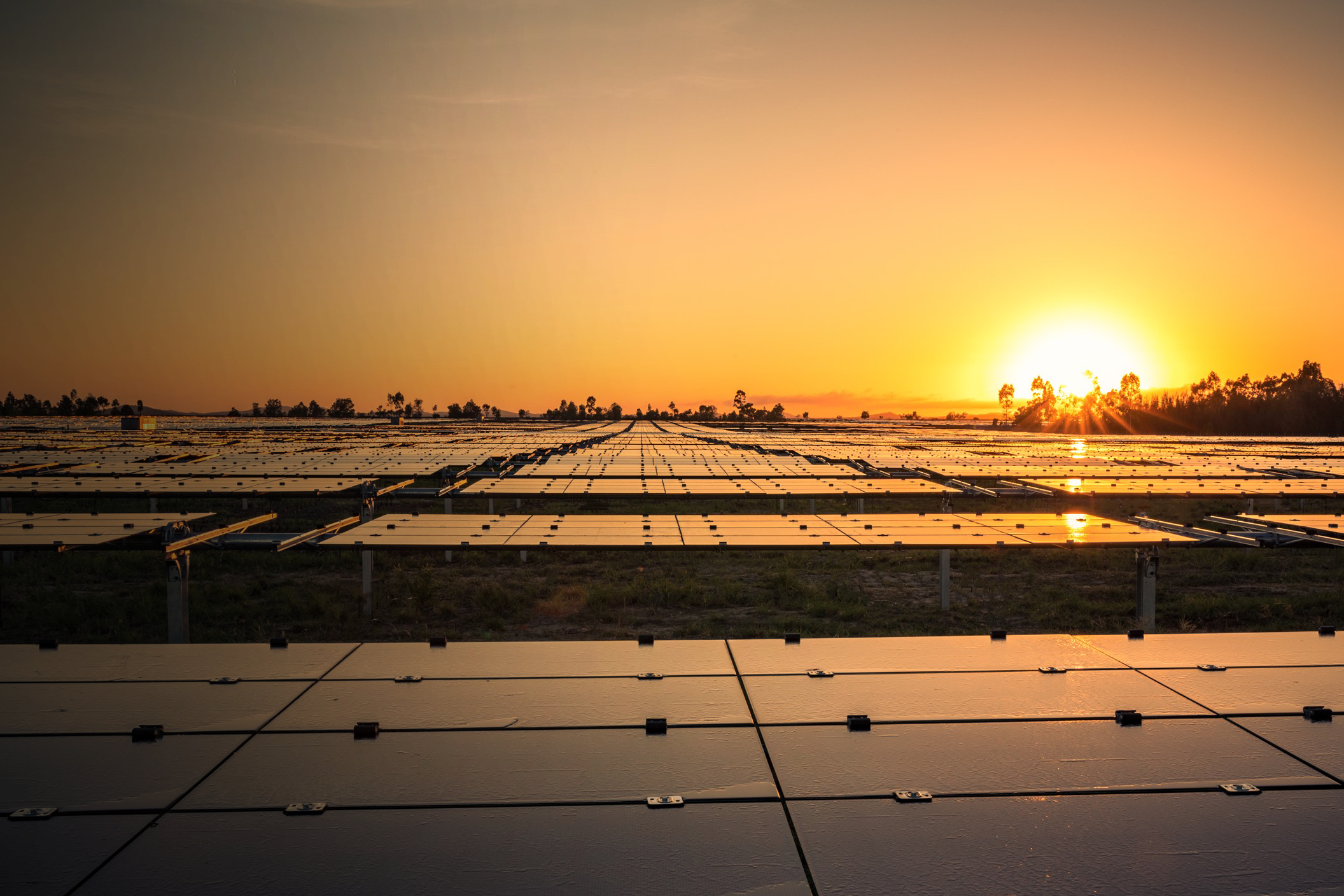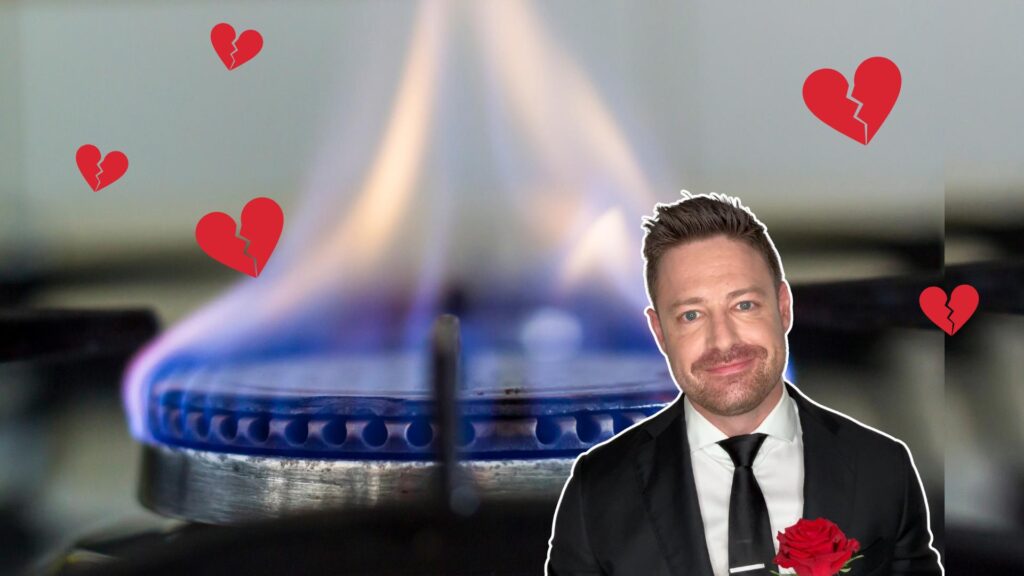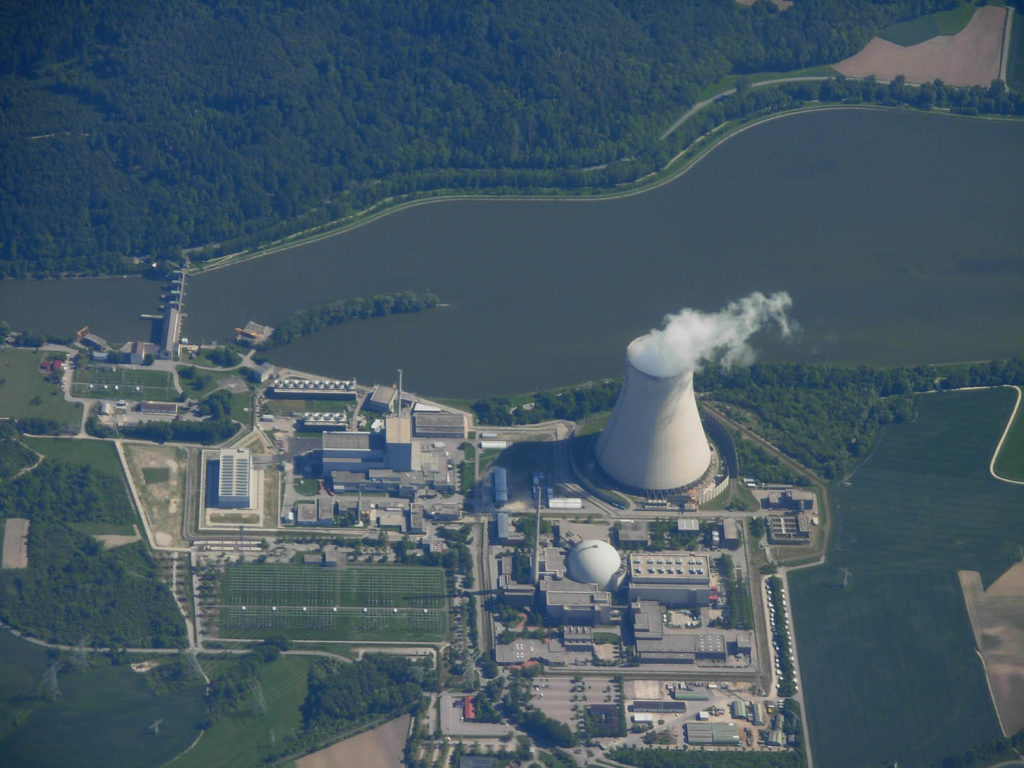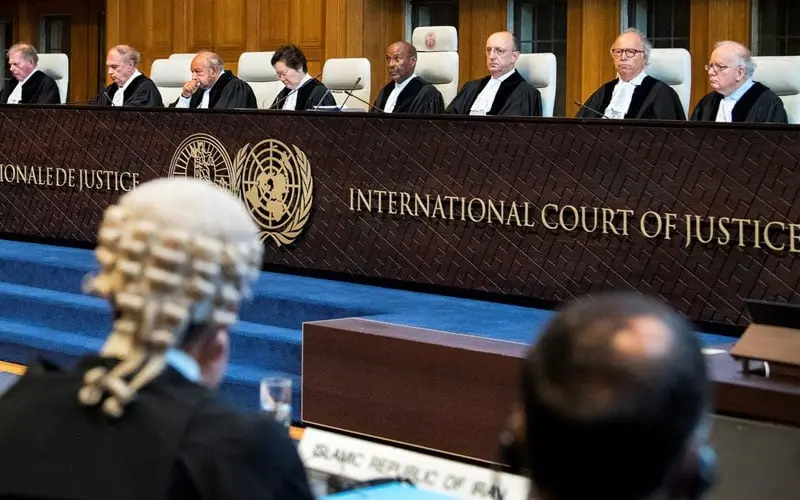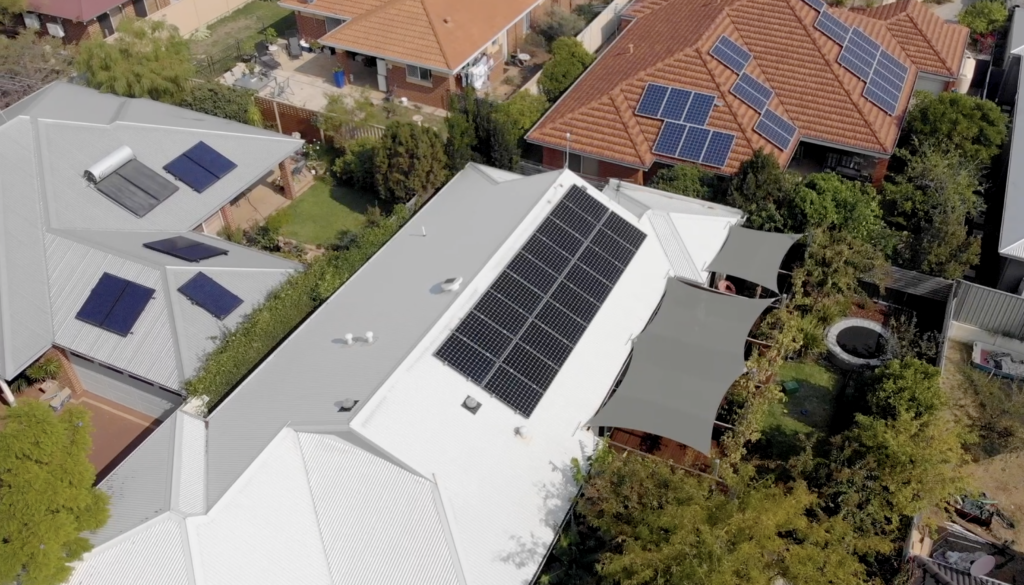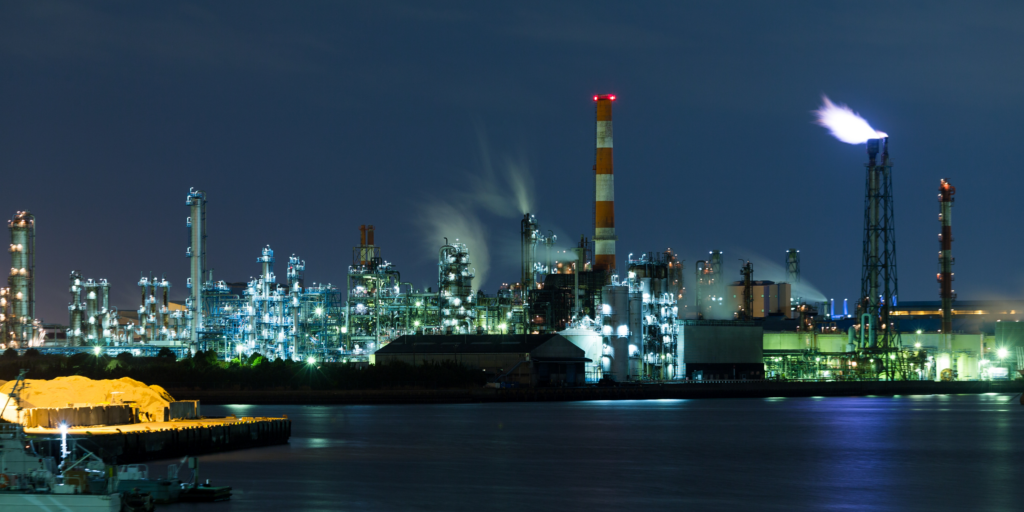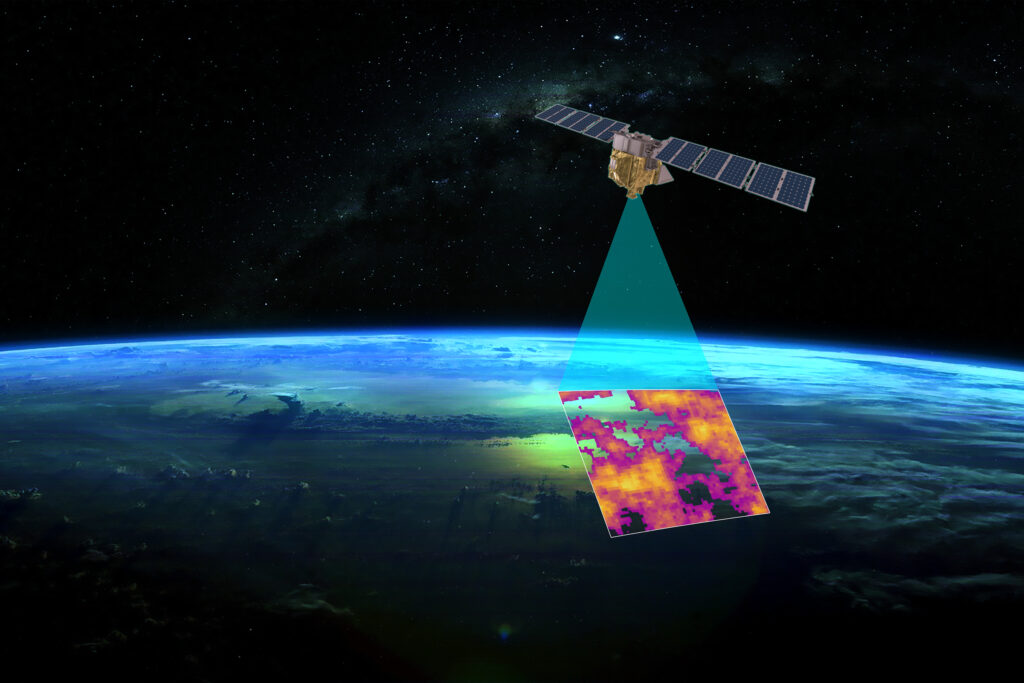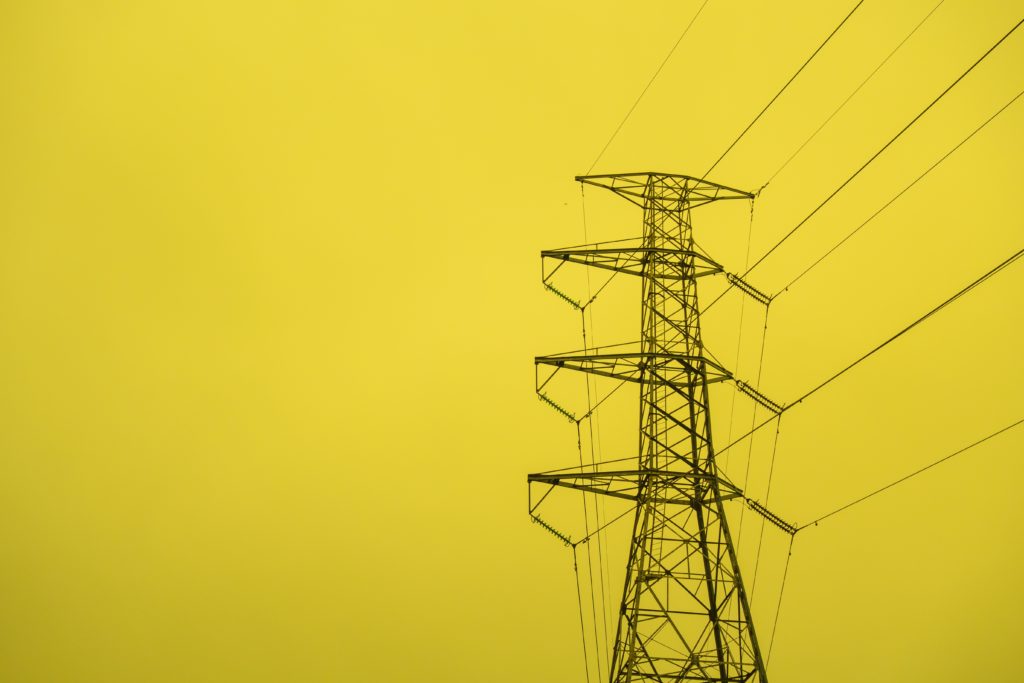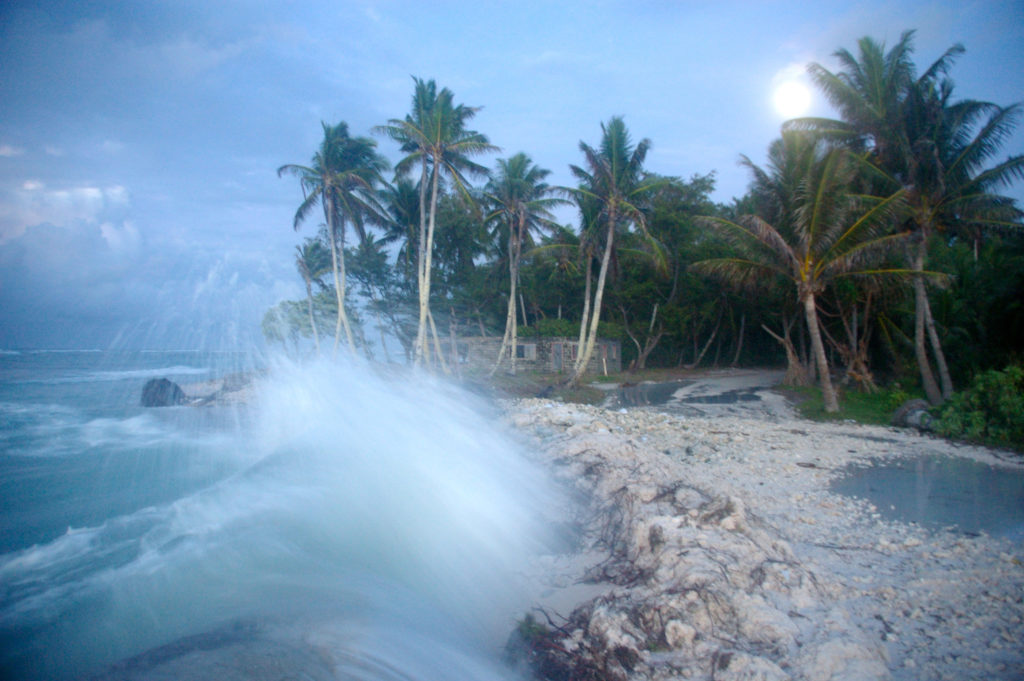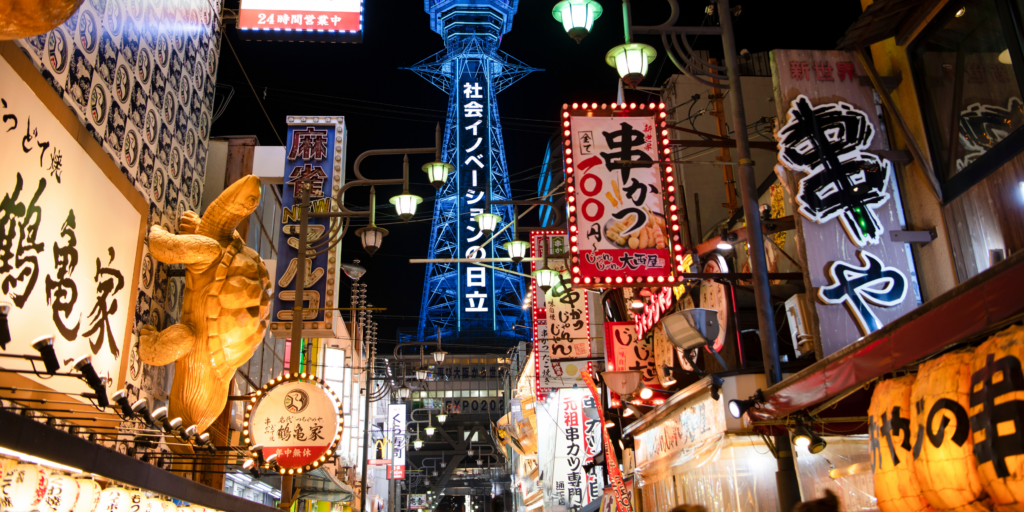Earlier this year, the Cities Power Partnership and the Climate Council visited the United States, stopping off at San Francisco, Sacramento, Denver and Austin. It was a great opportunity to connect and learn from US organisations, individuals and local governments working on innovative climate solutions. In return, we had the chance to share some of the incredible work local governments are doing here in Australia.
During our time, we met with a host of inspiring organisations from non-profits, innovative companies, federal agencies and local governments alike. One initiative which really stood out to us was NREL’s Clean Energy to Communities (C2C) program.
The C2C is a technical assistance program for supporting communities to achieve clean energy systems. The program connects local governments, native tribes, electric utilities and community-based groups with experts from across the US National Renewable Energy Laboratory (NREL) system. This partnership brings innovative cutting edge technology and analysis from the NREL to support the development of clean energy systems customised to reflect the needs of local and regional priorities.
The C2C concept originated in 2021 from an initiative by the NREL in collaboration with the Los Angeles Department of Water and Power, LA100: The Los Angeles 100% Renewable Energy Study. The initiative revealed the power of working directly with the local government, industry, academia and communities to determine pathways for Los Angeles, the second largest city in the US, to achieve a 100% renewable by 2045. After realising that communities across the US needed similar support, the Federal Department of Energy provided US$40-50 million in funding for an ongoing program. Within the first year of its launch in January 2023, the C2C program has worked with about 200 communities to provide support services on a range of project types including renewable energy, energy efficiency, electrification planning and transport electrification.
Central to the C2C’s offerings is a cross-sectoral modelling program that spans power, mobility and building technologies to provide a view of how a community can shift over time as it incorporates more clean energy infrastructure. This program is called Advanced Research on Integrated Energy Systems (ARIES). Community stakeholders can use the model to analyse their options and de-risk their investment decisions.
The C2C program offers three levels of support that communities can access to depending on their needs:
- In-depth Partnership (3 year partnership) – This level of engagement offers communities the chance to work alongside national laboratory staff to develop reliable, resilient, equitable and affordable clean energy systems. Communities can use ARIES to validate options and test assumptions tailored to their context. C2C’s project in Fairbanks, Alaska helped the local utility understand the implications of transitioning to renewables and take action on replacing their 50 MW coal plant with a combination of wind generation and storage.
- Peer-learning Cohorts (~6 months) – Peer-learning Cohorts are designed to help community stakeholders learn from national laboratory experts and from each other. Groups of 10-15 individuals from various communities follow a topic area related to their nominated priorities. The service provides communities with strategic and technical support, tools and materials, and opportunities for peer learning across communities. C2C Peer-learning Cohorts are located across the country: for example, one located in Dallas, Texas, is focused on EV infrastructure; another in Hailey, Idaho, is focused on energy efficiency and decarbonisation of municipal buildings; and yet another in Albemarle County, Virginia, is focused on enhancing resilience at municipal facilities through solar, storage and microgrids.
- Expert Match (40-60 hours) – Expert Match provides a quick way to get rapid assistance for time-sensitive decisions. The service matches community stakeholders with national laboratory researchers and provides a ‘one-stop-shop’ for advice and technical assistance. A C2C Expert Match helped Cohoes, a small working class community in upstate New York plan and develop a 3.2 MW floating solar system on its municipal reservoir, the first of its kind in the nation.
Jenny Sumner, Group Manager of the Modelling and Analysis Group at NREL, explained that they are now seeing capability gaps across communities where there is increasing uptake of renewable energy. There are new questions and challenges that utilities are not equipped to deal with on their own and require expert support. We can anticipate new challenges such as this and provide timely support as we build capacity to grow a decarbonised economy powered by renewable energy.
Australia has a wealth of expertise through CSIRO and world leading universities with specialised centres and experts working on the energy transition. With some funding and coordination, it isn’t hard to imagine a similarly impactful program could be set up to help communities here in Australia.

